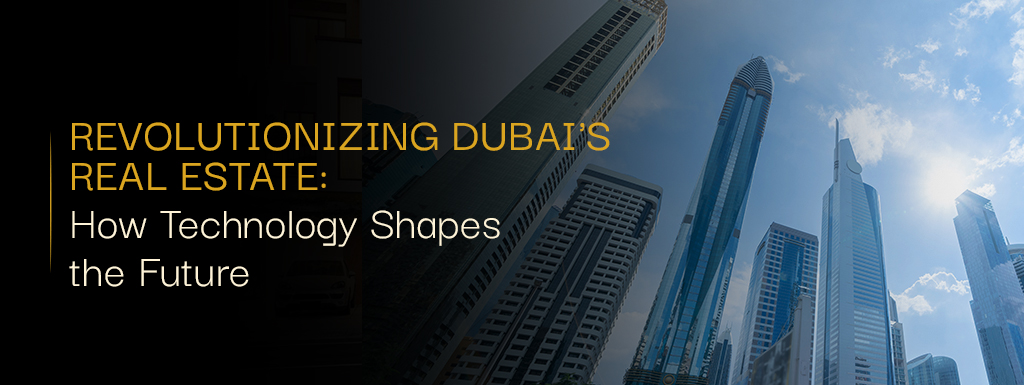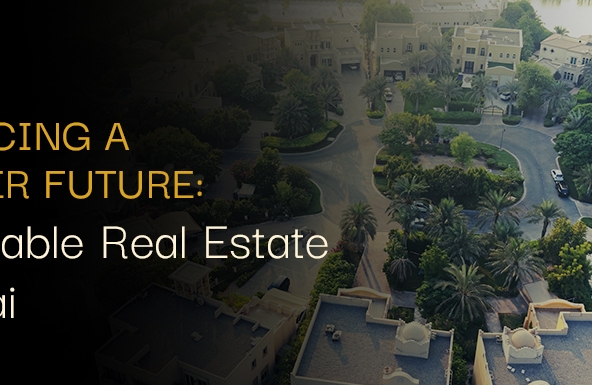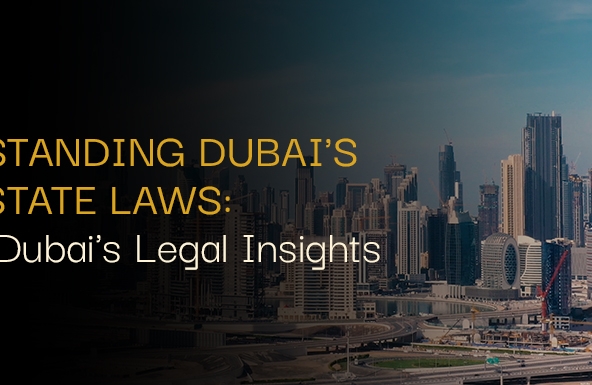How In the fast-paced world of Dubai’s real estate, technology has emerged as a powerful force driving change and innovation. From the convenience of virtual property tours to the security of blockchain transactions, technology has transformed every aspect of the real estate market in Dubai. In this blog, we’ll explore the role of technology in reshaping Dubai’s real estate sector, from virtual tours to blockchain, and how these advancements are making property buying and selling more accessible, secure, and efficient.
1. Virtual Tours: Bringing Properties to Life
Virtual tours have become a game-changer in the real estate industry, allowing prospective buyers to explore properties from the comfort of their own homes. Using advanced 3D rendering technology, virtual tours provide an immersive experience that closely mimics a physical walkthrough of the property. In Dubai, where the real estate market is booming, virtual tours have become an essential tool for buyers, sellers, and agents alike.
These virtual tours offer more than just a glimpse of the property. They provide detailed insights into the layout, design, and features of the property, helping buyers make informed decisions without the need for physical visits. With the rise of virtual reality (VR) technology, buyers can even experience a fully interactive tour, giving them a sense of presence as if they were actually there. Virtual tours have revolutionized property shopping in Dubai, making it easier and more convenient for buyers to explore a wide range of options from anywhere in the world.
2. Blockchain: Ensuring Trust and Transparency
Blockchain technology has emerged as a game-changer in the real estate industry, offering a secure and transparent way to conduct property transactions. In Dubai, where the real estate market is known for its high value and fast-paced transactions, blockchain has become increasingly popular for its ability to streamline the buying and selling process while ensuring trust and transparency.
With blockchain, all property transactions are recorded on a decentralized ledger, eliminating the need for intermediaries and reducing the risk of fraud or manipulation. This not only speeds up the transaction process but also ensures that all parties involved have access to the same accurate information, reducing disputes and increasing confidence in the transaction.
It also allows for the tokenization of real estate assets, making it easier for investors to buy and sell fractional ownership of properties. This opens up new opportunities for investment in Dubai’s real estate market, allowing investors of all sizes to participate in the market without the need for large capital investments.
3. Artificial Intelligence: Empowering Informed Decision-Making
Artificial intelligence (AI) has become an indispensable tool in Dubai’s real estate sector, empowering buyers, sellers, and agents to make informed decisions based on data-driven insights. AI-powered analytics platforms analyze vast amounts of market data, including property prices, trends, and demographics, to provide valuable insights and forecasts.
These insights help buyers identify the best investment opportunities, sellers determine the optimal listing price for their property, and agents tailor their marketing strategies to target the right audience. AI algorithms can also automate routine tasks such as property valuation, lead generation, and customer support, saving time and resources for real estate professionals.
By using AI’s capabilities, Dubai’s real estate sector is becoming more efficient, transparent, and accessible to all participants. Whether you’re buying, selling, or investing in property, AI can help you make smarter decisions and navigate the complex real estate market with confidence.
4. Smart Buildings: Redefining Urban Living
In Dubai, smart buildings are redefining the concept of urban living, offering residents a seamless and connected living experience powered by technology. Equipped with advanced sensors, smart meters, and automated systems, these buildings optimize energy usage, enhance security, and improve overall comfort and convenience for occupants.
Smart buildings in Dubai are designed to be eco-friendly and sustainable, with features such as energy-efficient lighting, smart thermostats, and water-saving fixtures. IoT sensors monitor environmental conditions in real-time, adjusting lighting, temperature, and ventilation systems to ensure optimal comfort and energy efficiency. Automated systems control access to the building, manage maintenance tasks, and provide personalized services to residents.
By embracing smart building technology, Dubai is creating a more livable and sustainable urban environment for its residents. These smart buildings not only enhance the quality of life for occupants but also contribute to the city’s vision of becoming a leading smart city in the world.
Conclusion:
Technology has revolutionized Dubai’s real estate sector, transforming the way properties are bought, sold, and managed. From virtual tours that bring properties to life to blockchain transactions that ensure trust and transparency, technology has made property buying and selling more accessible, secure, and efficient than ever before. Whether you’re a buyer, seller, investor, or agent, embracing technology can help you navigate the complex real estate market in Dubai with confidence and success. As technology continues to evolve, the future of Dubai’s real estate sector looks brighter than ever, with endless opportunities for innovation and growth.



